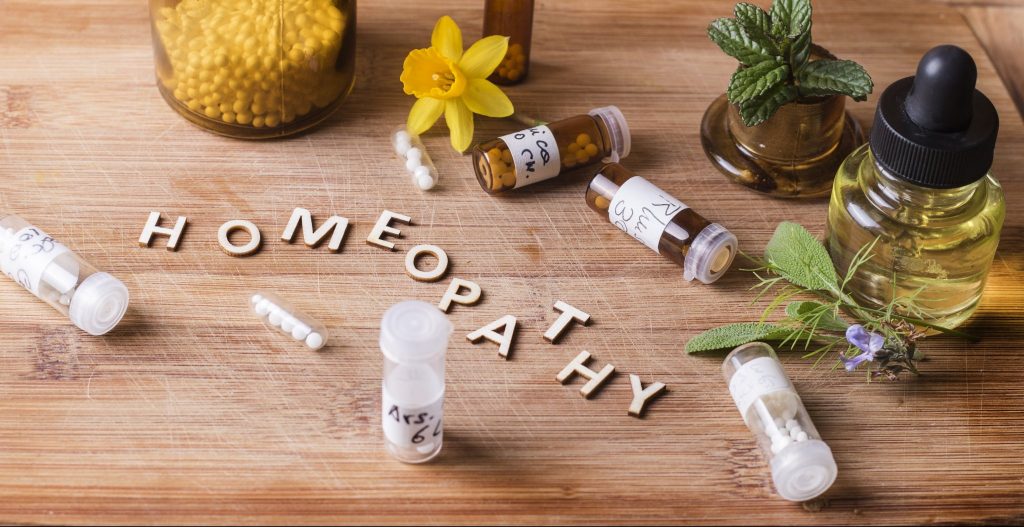An eczema is a group of skin conditions in which patches of skin show the symptoms, such as inflamed, rough, itchy, red, and cracked skin. The most common variety of eczema is atopic dermatitis.
Usually, all the skin complaints worsen in the winter. So, the management of skin diseases in the cold months of winter is very important. Many children who develop eczema are likely to have asthma/hay fever or any similar respiratory conditions. However, following certain simple tips can help regulate the eczema flare-ups. Let’s have a look at it.
How to Manage Eczema from Flaring-up During the Winter Season?
- Avoiding Rapid Changes in Temperature
Normally, when you expose skin to the extreme temperatures, skin turns dry and itchy. It may make the skin to crack also. So, avoiding the exposure of your skin to extreme temperatures and extreme cold in the winter can help prevent the flare-up of eczema. Here are easy tips that can help prevent eczema flare-up.
- Prevent the exposure of skin to the cold or cold draft of air.
- Cover the sensitive areas of skin from extreme temperatures.
- Avoid using hot water to wash the skin when in extremely cold weather, as it may irritate the skin.
- Hot showers should be avoided in the winter, as after the shower the body gets cooled quickly and may cause the severe triggering of dry skin in some cases.
The main focus should be on maintaining even skin temperature as much as possible. Please avoid the hot-cold-hot-cold cycle. Maintaining your room at a constant, comfortable (but not too warm) temperature can also help. Instead of one thick duvet, choose to use the layers of it to experience better warmth. Hot baths (beside fire and radiators) should be avoided, as, due to it, the heat triggers the sensation of scratching. But, always shower in warm water or lukewarm water only.
- Importance of Moisturizing The Skin:
Moisturizer plays an important role, particularly in the winter. Make sure you always carry a moisturizer and apply it often in the winter season. Heavy moisturizer, such as Shea butter, is good.
Dry air along with indoor heating systems can dry out your skin and may cause intensive itching. Eczema flare-up may occur because the skin has limited ways to stay moist on its own.
Dry lips can be licked subconsciously to moisturize which prevents further dryness. Otherwise, you can protect the lips with an emollient ointment, petroleum jelly, or any lip balms available in the market which are mild.
- Avoid Intensive Skincare Products:
During the temperature changes, the skin will become more sensitive. Soaps and detergents containing harsh chemicals that cause irritation of the skin and increase the risk of contact dermatitis. You should avoid washing the body, face, and hands excessively in the cold climate, as excessive washing will wipe out natural, protective oil present in the skin.
- Include Food Items Rich in Vitamin D in Your Diet
Vitamin D deficiencies are common in the winter, as there are rare chances of exposure to sunlight. So, include vitamin D rich food items in your diet.
- Try to Use a Humidifier at Home
Humidifiers are normally helpful to restore moisture into the surrounding air. Though there is no scientific evidence that humidifiers help people with dry skin, in some cases, people have found them quite helpful. Many disadvantages of humidifiers include the cost, portability, and the potential increase in levels of dust mites, which thrive in moist, warm environments. Putting one bowl of water in the room and switching on the fan is the most inexpensive way. But, water has to be changed daily, otherwise, it will become an area of further bacteria breeding.
- Do Not Use Wet Clothes
Cold, damp environments trigger fungal infections. So, do not use wet clothes in the winter to avoid the risk of fungal infections.
- Follow Natural Home remedies to Protect your Skin
Using natural home remedies in the cold months of winter can help protect your skin from eczema effectively. Some of them are listed below.
- Sunflower seed oil on the skin
- Coconut oil application
- Acupuncture
- General body massaging
- Vitamin D and prebiotics
- Wear Layers of Cotton Clothes:
Wearing layers of cotton clothes will help prevent the flare-up of eczema. Also, this will keep the skin at an evenly warm temperature. Avoid exposing your skin to extreme heat in the winter season.
In the cold weather, put on hats, scarves, and gloves. However, if you are allergic to wool, avoid using gloves that are manufactured from wool, as it can cause a scratch and increase itching in some cases. Rough seams and loose threads are also known to have the same effect. Women with eczema on their legs should avoid wearing cotton tights in the lower extremities. Chromate allergic people should avoid leather gloves and hats, or they can wear a pair of silk gloves underneath the leather ones to avoid irritation. Silk gloves may also be useful.
Choose to wear several layers of cotton clothing one over the other, as it develops a heavy layer of warm clothing that helps to maintain the body temperature.
- Avoid Food Items Triggering Eczematic Conditions
If you are aware that eating certain food items cause eczema flare-ups, try to avoid them. Do not include foods that trigger an eczema flare-up. Include prebiotics in your diet to reduce eczema symptoms.
- Dress Children in Soft Fabrics
Dressing up kids in soft fabrics in the winter help avoid skin irritation. So, choose soft and breathable clothes for your growing little ones.
Not all patients’ eczema worsens in the winter season. For those patients who suffer most during the warmer summer climate, the winter can bring amelioration.
A good skincare routine can help you to get through the winter by controlling skin dryness and disease symptoms effectively.
Hope you all find the blog informative and helpful. Thanks for reading.





